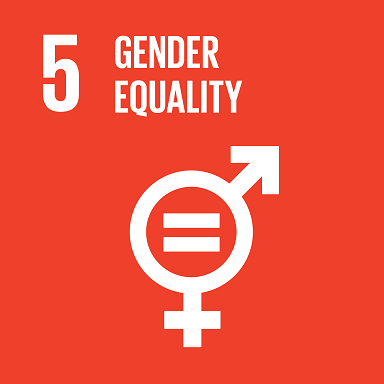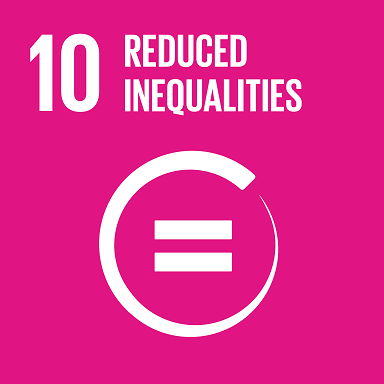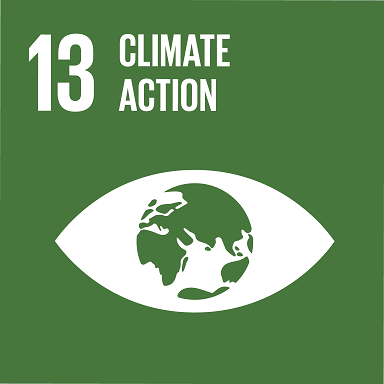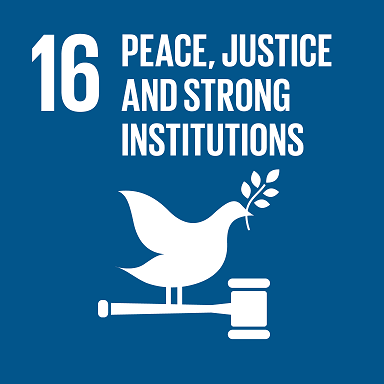Good Practices
Departamento Nacional de Planeación (DNP) - Colombia
Fundación Internacional y para Iberoamérica de Administración y Políticas Públicas (FIIAPP) - España
Ministerio de Economía y Finanzas - Perú
Ministerio de Hacienda - Paraguay
Ministerio de Planificación (MIDEPLAN) - Costa Rica
Oficina de Planeamiento y Presupuesto (OPP) - Uruguay
Secretaría Técnica Planifica Ecuador - Ecuador





Peer Review of the Project's Products
Description of the practice:
Sharing the project's products with peer entities in order to contrast and enrich them.
Once the evaluation products developed within the framework of the EVALÚA Project (elaborated by external consultants) are completed, they are made available to an evaluation monitoring committee where peer institutions from different countries, not necessarily involved in that evaluation, can make comments, corrections or suggestions for improvement.
Differentiating factors:
The common practice is that evaluation monitoring committees are composed of only some of the actors directly affected by the policies or programmes being evaluated. In this case, this differentiating factor through which other institutions in other countries with similar competences can assess the quality of the products has been introduced.
Impacts:
Introducing an additional element of external look at evaluations (beyond external consulting) allows to:
- Bring greater quality and legitimacy to evaluations.
- Enhance knowledge at the regional level about the evaluated subjects and about evaluation methodologies.
- Introduce additional expertise, since the institutions that complement the committees are counterparts and know the evaluation subjects.
- Generate a process of dialogue based on concrete elements.
- Improve analytical capacities.
The added value of Triangular Cooperation: (more information here)
1. Building ownership and trust.
2. Promoting complementarity and increasing coordination in development cooperation.
3. Sharing knowledge and learning jointly.
4. Co-creating solutions and flexibility.
5. Enhancing the volume, scope and sustainability of Triangular Cooperation
6. Achieving global and regional development goals through strengthened partnerships for sustainable development.
RELATED FILES
The National Institute of Industrial Technology (INTI), which coordinated the project, had an extensive experience of good cooperation with the European Union (and other international donors) and had its own procedures in place. However, preparing to undertake a project under the Triangular Cooperation modality for the first time revealed the need to adapt these procedures and posed a challenge for the institution, which wanted to prepare itself in the best possible way by creating a methodology adapted to this modality, which was agreed upon with all project partners.
One of the main components of the Mirada Ciudadana project are the Political Dialogue Meetings, which consist of meetings between the authorities of the partner local governments to exchange ideas about the reality of their municipalities and their main challenges, promoting open dialogue and encouraging the joint creation of solutions. After the experience of the first meeting at the beginning of the project, the management team realized that, while it was important to promote exchanges between municipal authorities, it was also necessary to accompany them with thematic working-enabling environments to involve a greater number of stakeholders, including the final beneficiaries.
Thanks to the project, a consolidated methodology has been developed and implemented for the joint creation of work agendas for peer-to-peer visits aimed at compiling best practices and issuing recommendations. Different visits have been successfully carried out using this methodology, showing a real appropriation of the tool by the recipient country and a high level of commitment, knowledge exchange and technical trust from all participants. One of the most prominent was the visit to Paraguay, during which the project raised the possibility of providing technical assistance to the Ministry of Childhood and Adolescents, focusing on the design of a census of homeless children and adolescents. This generated new lines of work beyond what had been planned with a clear triangular cooperation approach.
Defining and organising, within the framework of a methodology, a series of essential guidelines aimed at identifying the final beneficiaries and establishing the lines of work with them in the face of the challenge of working directly with small producers in different countries and very diverse environments.
At the beginning of the project, there was a theoretical framework for "Peer-to-Peer technical visits": one of the pillars of the project which consists of visits to each of the partner countries, including political and technical representatives from other countries involved, in order to collect best practices and make recommendations. This theoretical framework has, gradually and thanks to the lessons learned from each visit and the experience and global vision of the project team, become a consolidated methodology whose main characteristic is to bring those involved into the limelight.
Thanks to the project, Thematic Meetings have been designed and carried out to address the subjects prioritised in the Political Dialogue meetings with the political representatives of each partner municipality, considered as a lesson learned that can be found in this Knowledge Bank of the ADELANTE Programme. Thanks to the correct identification of the subjects prioritised in the Political Dialogue Meetings by the project's coordination team, several Thematic Meetings were successfully organised, including two of great impact on SDG 5, especially aimed at women entrepreneurs.




